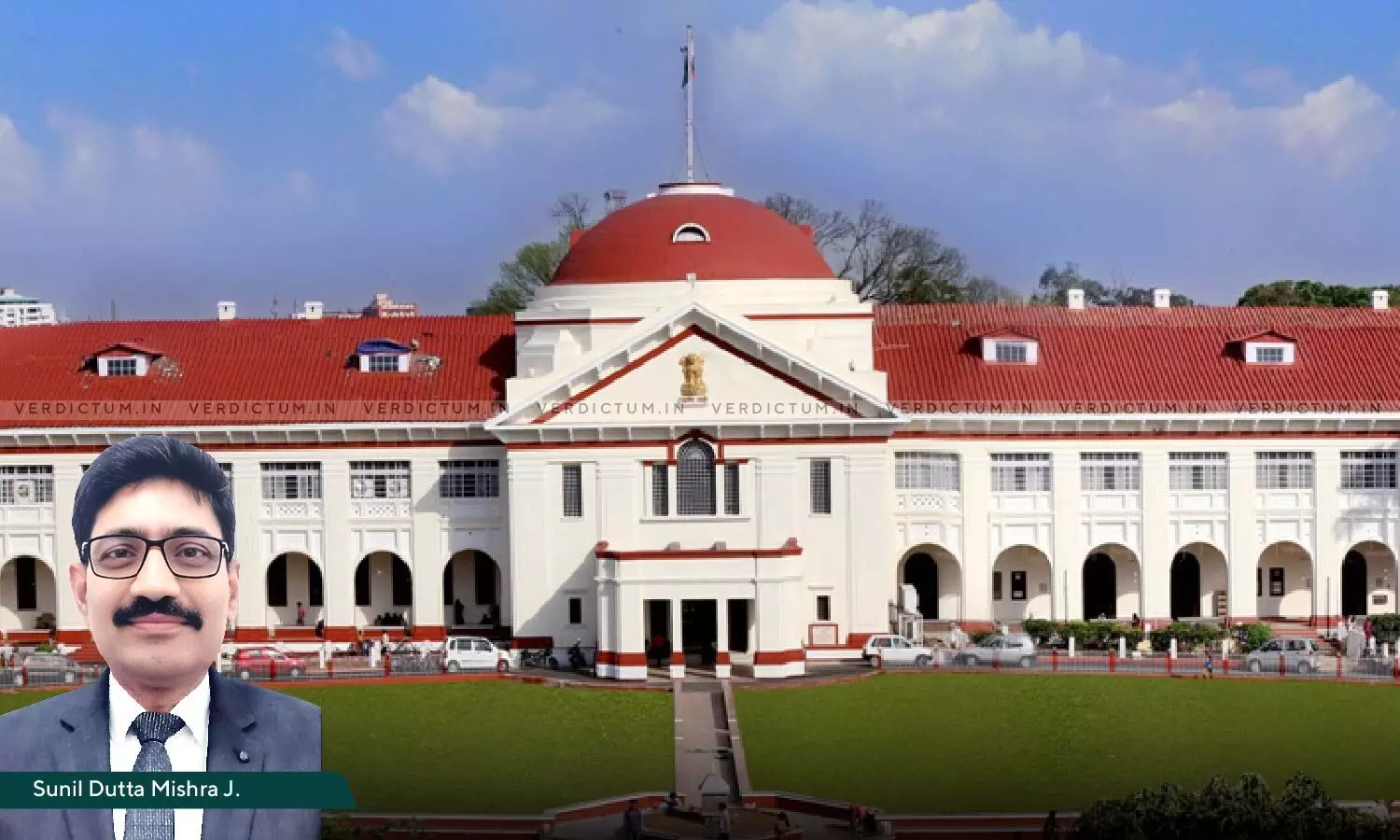
Executing Court Cannot Go Behind Decree In Case Of Discrepancy Between Judgment & Decree, Aggrieved Party Must Seek Amendment Or Review: Patna HC
 |
|The Patna High Court held that when there is a discrepancy between the judgment and the decree, the executing Court cannot go behind the decree, and any party aggrieved by such a discrepancy must seek an amendment of the decree.
The Court observed, "In case of discrepancy between the judgment and the decree, the executing Court cannot go behind the decree, and the party aggrieved must seek amendment of the decree. The question of amendment would not arise if the decree was itself the adjudication. Section 152 C.P.C. provides for amendments in judgment confined to clerical or arithmetical mistakes, but if there is mistake of substance, the remedy is by review of judgment."
Through the Civil Miscellaneous Application, the petitioner challenged an order passed by the Execution Munsif, Patna. The petitioner had filed Title Suit for possession, which was initially dismissed. However, on appeal, the petitioner's suit was decreed. The issue at hand pertained to the description of the disputed property in the decree.
A Bench of Justice Sunil Dutta Mishra citing Topanmal Chhotamal Vs. Kundomal Gangaram and Meenakshi Saxena Vs. ECGC Ltd reaffirmed that executing courts cannot go behind decree and must rely on the decree as it stands.
Senior Advocate J.S. Arora appeared for the Petitioner and Advocate Ajay Kumar appeared for the Respondent.
The main contention of the petitioner was that the Execution Case is valid, despite the absence of property description in the decree of the Appellate Court. The petitioner argued that property description is only required in the trial court's decree, not the appellate decree.
The respondent's argument was that the absence of property description in the appellate decree renders it non-executable. They contended that the executing court cannot go beyond the original decree.
The Court referenced Rule 106 of Civil Court Rules, emphasizing that decrees should be self-sufficient without the need for reference to other documents. The Court clarified the distinction between judgments and decrees, with judgments providing the reasons and decrees containing the orders.
Various CPC rules and sections were cited to support the argument that the identity of the property can be established using the trial court's decree. The Court noted the importance of executing decrees accurately, especially when there is ambiguity in the decree.
“As is commonly known, the stream cannot rise above its source. The execution of decree is the last leg of the journey that a litigant is put through to obtain desired relief from the Court.” the Court added.
Ultimately, the Court set aside the impugned order and directed the executing court to proceed with execution according to the law, affirming that property description can be established using the trial court's decree.
The Court allowed the Civil Miscellaneous Application.
Cause Title: Ram Kripal Singh v. Ram Sharan Prasad Singh
Click here to read/download Judgment